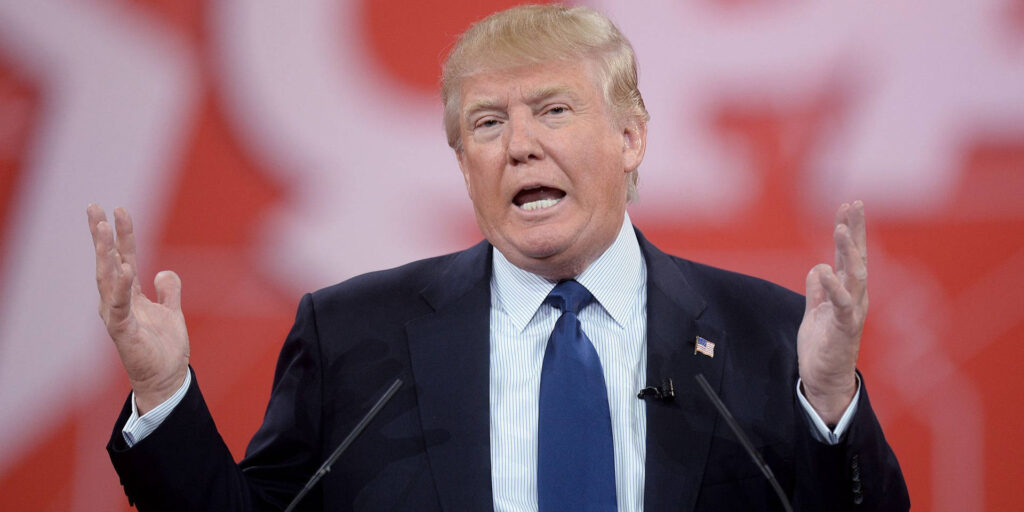A U.S. federal appeals court has dealt a significant blow to President Donald Trump’s trade agenda, ruling that many of his sweeping global tariffs were illegal. However, in a 7-4 decision on Friday, the U.S. Court of Appeals for the Federal Circuit allowed the duties to remain in place until mid-October, giving Trump time to appeal to the Supreme Court.
The court found that Trump exceeded his authority by invoking the International Emergency Economic Powers Act (IEEPA) to impose across-the-board “reciprocal” tariffs on nearly all trading partners. The ruling emphasized that while the statute grants the president considerable power during declared national emergencies, it does not authorize the imposition of tariffs, duties, or taxes.
Trump swiftly reacted to the decision, criticizing the judges while vowing to fight on. “The appeals court incorrectly said that our tariffs should be removed, but they know the United States of America will win in the end,” he said on his Truth Social platform. He pledged to take the case to the Supreme Court.
The decision casts uncertainty over billions of dollars collected since the tariffs were imposed, as well as over key trade deals Trump has struck with partners such as the European Union. While the case does not affect sector-specific duties on steel, aluminum, autos, and other imports, it could trigger renewed legal and diplomatic battles.
Administration officials warned of far-reaching consequences if the tariffs were struck down. Commerce Secretary Howard Lutnick said such a move could “threaten broader U.S. strategic interests” and unravel trade negotiations. Treasury Secretary Scott Bessent cautioned that suspending the tariffs would cause a “dangerous diplomatic embarrassment.”
Since retaking office in January, Trump has relied heavily on IEEPA to justify broad trade actions, including tariffs on Mexico, Canada, and China over drug trafficking concerns. Several lawsuits have challenged these measures, and if the Supreme Court ultimately rules against the president, companies could pursue reimbursements.
The ruling underscores the high stakes of Trump’s tariff-driven economic strategy and sets up a pivotal legal showdown that could reshape U.S. trade policy.

